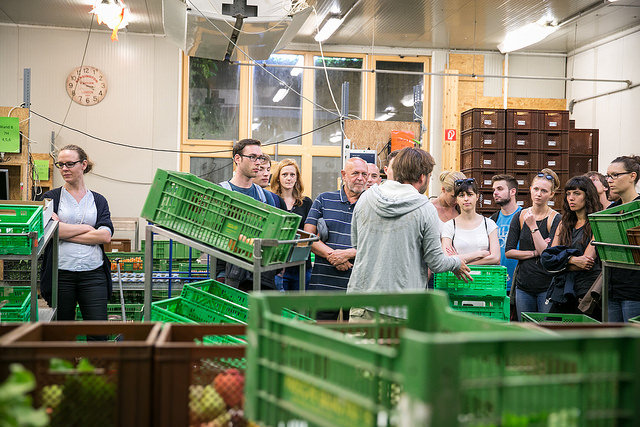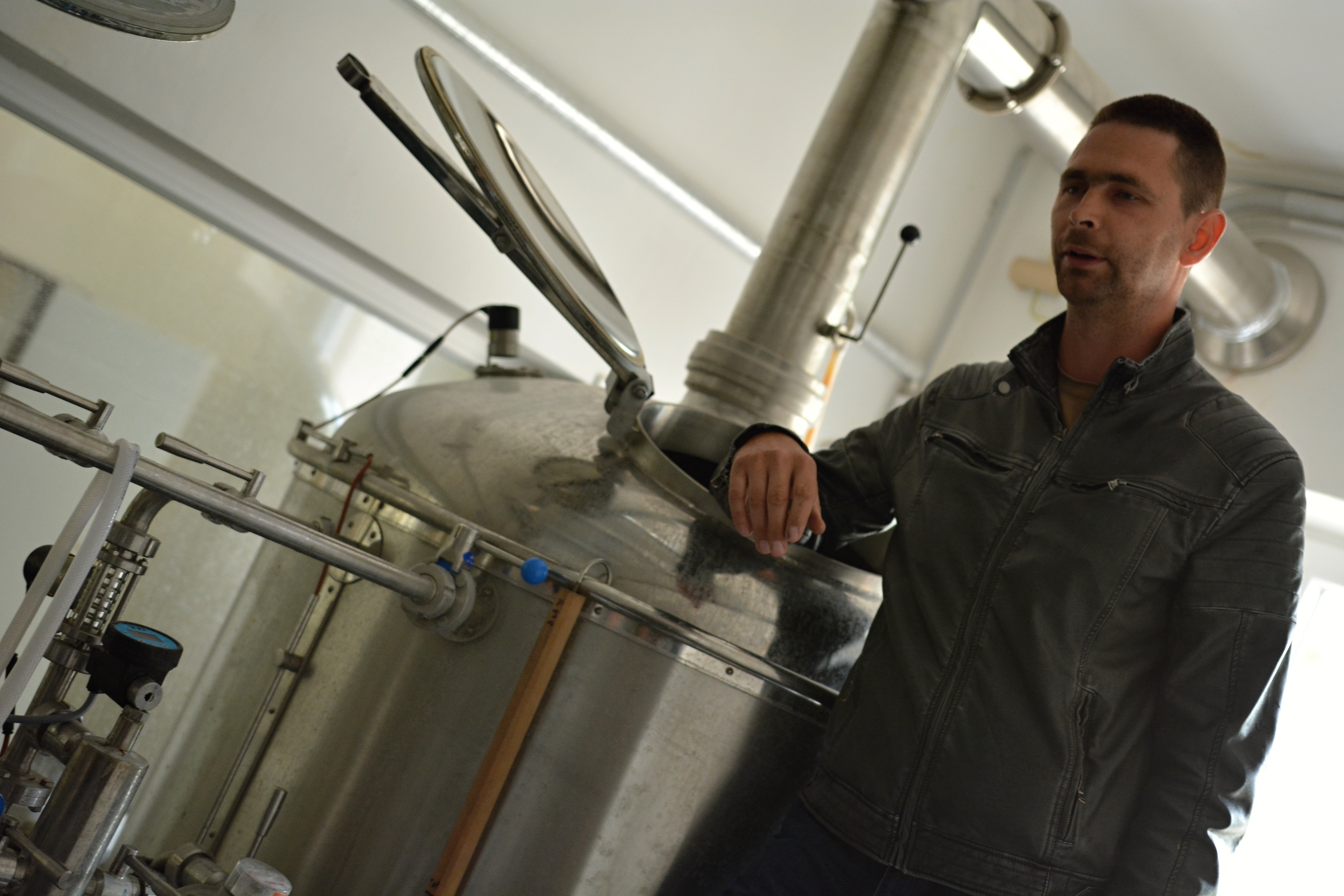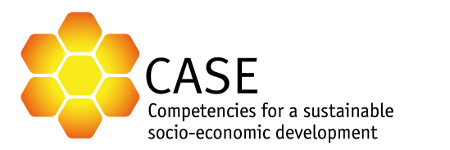 What is it about?
What is it about?

An excursion is a trip by a group of people, in this case for educational purposes. As a teaching format, it provides alternative learning strategies for students, adding variety that is beneficial for both students and teachers.
Excursions to pioneers, enterprises, or start-ups in the field of sustainability-driven entrepreneurship, more specifically can help students understand the relevance of a sustainable economy and the need for alternative economic strategies. The format enables students to get to know different examples of sustainability-driven entrepreneurship in a concrete real-world setting. Students can discuss experiences with entrepreneurs as to the challenges and opportunities pioneers face in the emerging sustainable economy. Entrepreneurs can act as role models and activators who provide real-life feedback via their practical examples. Students get acquainted with sustainable entrepreneurs in different fields and learn from their approaches. Moreover, excursions to pioneers can give a practical introduction and illustration of inter- and transdisciplinary teaching and learning approaches. For optimal learning benefit, however, the outcomes of the excursion need to be integrated into the set teaching program.
Depending on the purpose of the excursion, carefully chose the period of the year and duration for an optimal benefit from the activity. Consider seasonal or categorical time constraints at the partner’s location. For diversity, visit various practical actors, for more profoundness, plan a longer stay at one destination (up to several days). Clarify the possibilities of mutual learning between the partner organization and the students. Define the involved actors (e.g. employees), the form (e.g. discussion) and a respective time frame.
Foresee arrangements for transportation and, if necessary, for accommodation well in advance.
Contextual theoretic knowledge can be imparted in form of a pre-seminar or compact block courses. This may include readings and reflections on the topics raised before the students get confronted with the real-life conditions.
First, get to know the place e.g. through a tour and presentation by the local host. Sharing the concept, activities and experiences are valuable insights before starting a discussion or another form of exchange. Ideally, students receive the opportunity to engage by participating at workshops or activities. Thus, the students can give feedback and bring in different perspectives from outside the visited organization.
At the end or after the excursion, time for reflection should be granted. To intensify the experience, a written format can be chosen.

Outdoor activities
Sustainable Communities
Sustainable communities is a course that navigates the discourse between strong and weak sustainability and community responses to it. Through a series of block seminars, students worked on a project that investigates community sustainability responses and visited an established German ecovillage, Lebensgarten in Steyerberg, for immersive learning in how ecovillages can be living laboratories of sustainability. Find out more about the Vechta pilot

Jiri Novotny, excursion to farm Manner © Ludek Certik
Management of Rural Space
Human activity is presented and analyzed in the landscape with particular attention paid to agricultural activities. Students develop a model confronting the present industrial agriculture with existing or proposed alternatives, mainly with organic agriculture systems. Find out more about the setting of these courses Read about the excursion during the Pilot course
 Benefits
Benefits
- Opportunity to share the partners’ work with students
- Critical reflection on prior theoretical knowledge and assumptions
- Learning about different techniques, processes, conditions and consequences
- Personal and emotional engagement
 Success factors
Success factors
- Prior knowledge of and experience with the partner is a plus
- Open-mindedness of the employees at the partner
- Arrange for transportation far enough in advance
- Possibility of perception of impressions with all senses (visual, sensory, smell etc.)
 Challenges
Challenges
- Length of the excursion to be long enough for students
- Length of the excursion to remain manageable for the partner
- Scheduling the excursion at the most interesting period of the year (e.g. ecovillage in summer)
- Organizational efforts for longer excursions (over several days)
 Supporting material
Supporting material
General overview
Tools
Templates
 Contacts and experts
Contacts and experts
- Susanne Elsen, Free University of Bolzano/Bozen, Italy
- Marco Rieckmann, University of Vechta, Germany

 Phase 1 – Planning
Phase 1 – Planning
 Phase 2 – Preparation
Phase 2 – Preparation
 Phase 3 – Excursion activities
Phase 3 – Excursion activities
